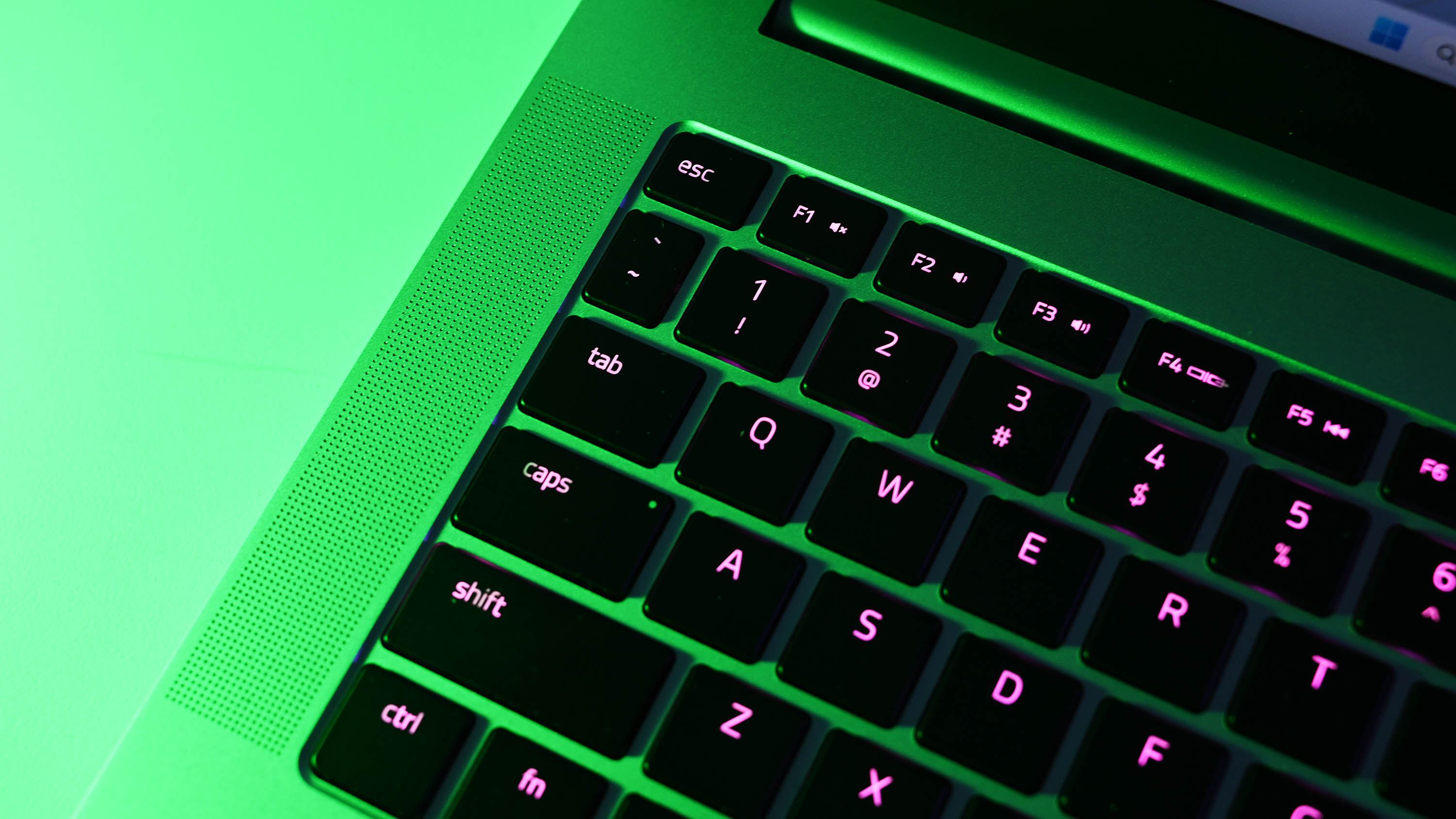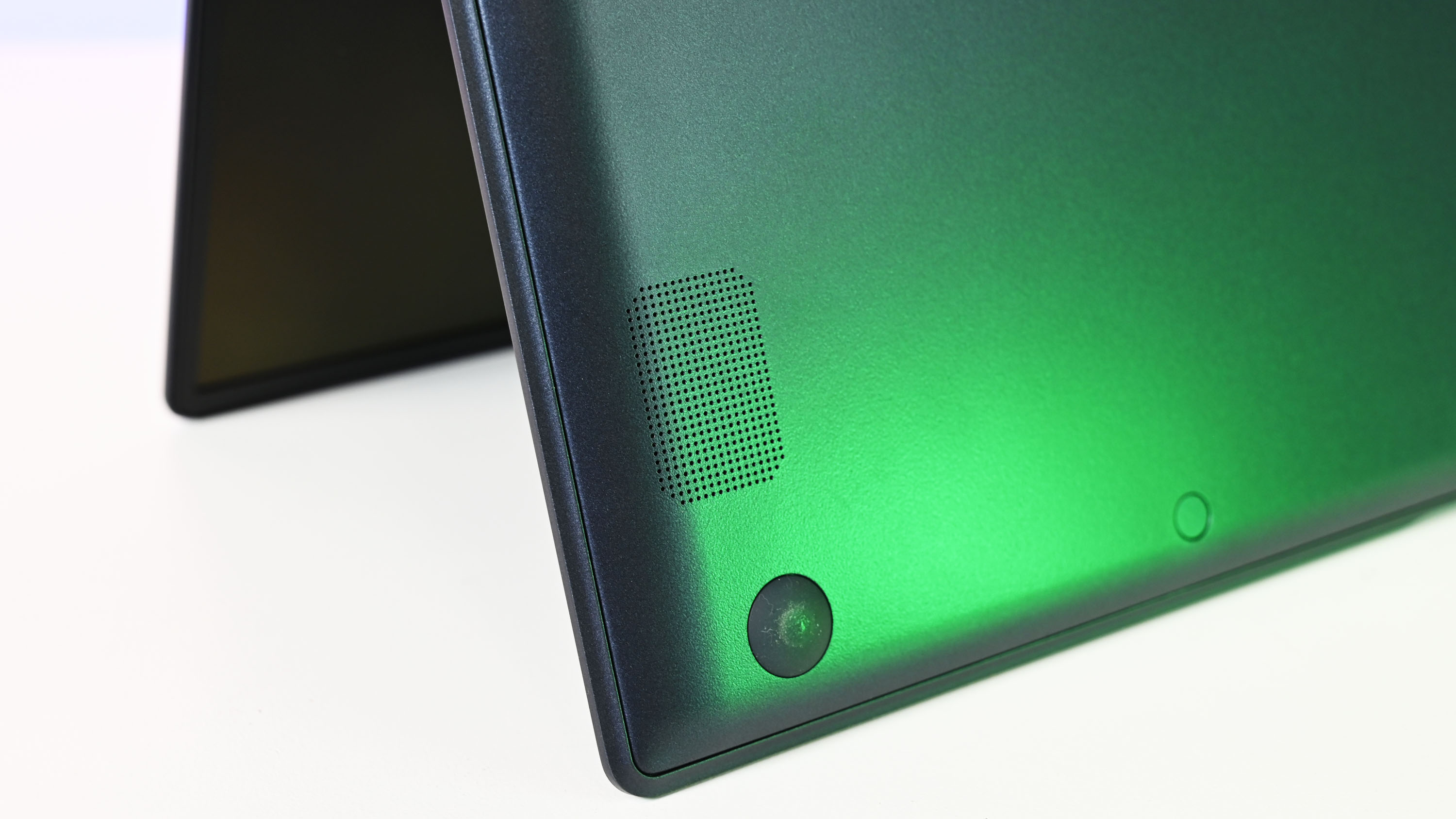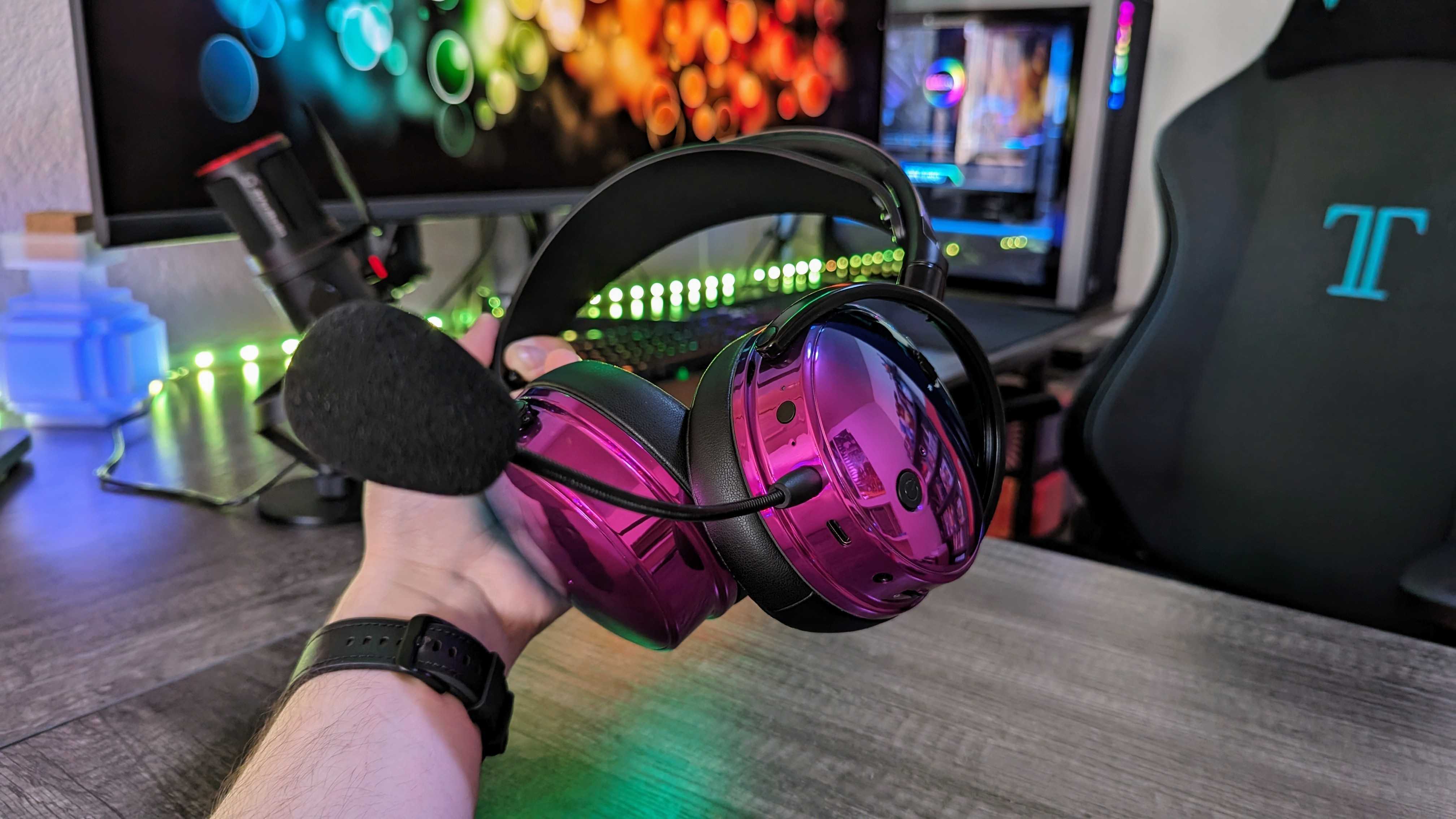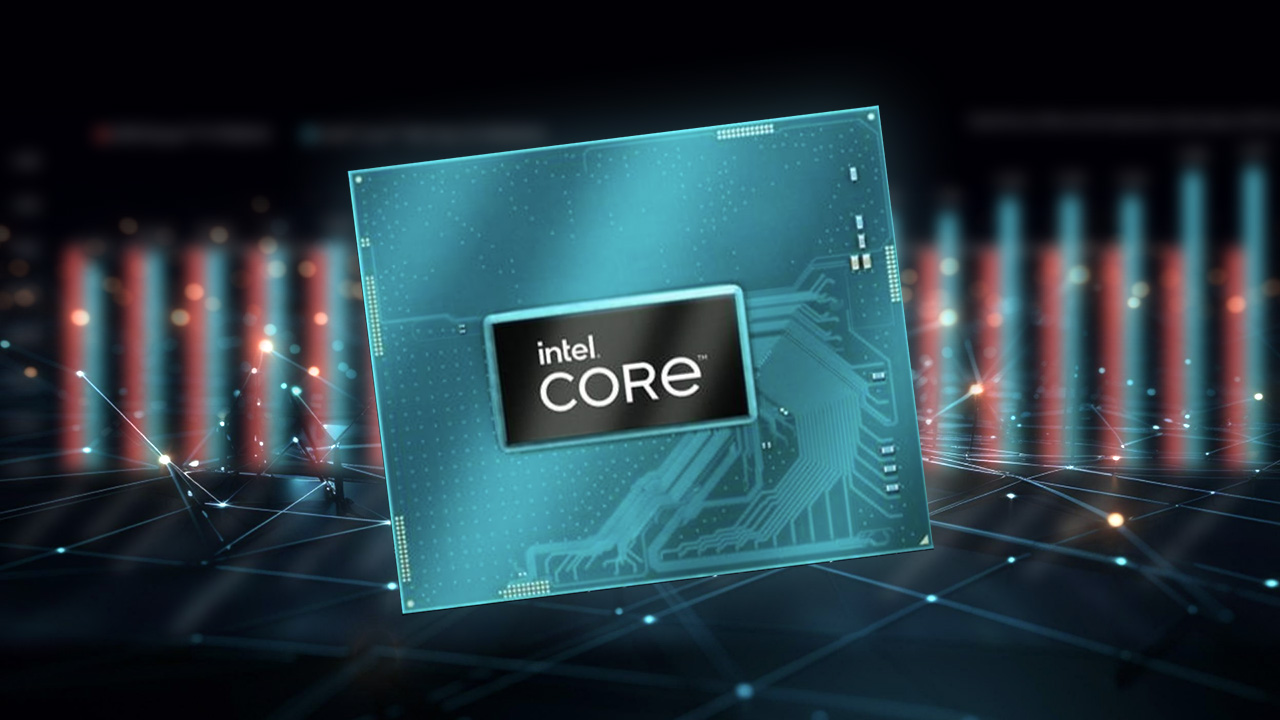
What you need to know
- Cirrus Logic, one of the most prolific manufacturers of compact audio components, has announced a new partnership with Intel and Microsoft.
- The partnership will see Cirrus Logic provide a new audio system with future Intel laptops to promote massively improved audio fidelity and higher battery life.
- New high-efficiency power converters, smart amplifiers, and Cirrus Logic's Hi-Fi audio codec should hopefully translate to future Windows laptops actually sounding great.
- The company is working with Intel and Microsoft on a reference PC design based on Intel's upcoming Lunar Lake series of low-power mobile CPUs, which may be arriving this year.
You probably haven't heard of Cirrus Logic, but you have almost certainly heard Cirrus Logic. The company has been producing compact audio components for over three decades, and has shipped over five billion amplifiers to many of the top smartphone and PC manufacturers in the world, as well as other categories like music players, VR and AR headsets, and more. Today, the storied audio company announced a new collaboration with Intel and Microsoft to improve the audio experience on your next laptop.
The companies are working together on a new PC reference design that will help guide OEMs in designing their own thin-and-light Windows laptops based on the upcoming Intel Lunar Lake CPU lineup (think Intel Core Ultra Gen 2). Cirrus Logic's new audio design expands on its past offerings to offer a complete end-to-end audio solution for PC manufacturers, and aims to considerably increase audio fidelity, reduce device heat, and noticeably prolong battery life.
If that sounds too good to be true, I understand, but Cirrus Logic has revealed its plan to make this happen. Essentially, it can be broken down into three parts: the power converter, the audio codec, and the smart amplifier. Cirrus Logic's new power converter, its newest addition to its PC audio solutions, uses a new switched capacitor design (I won't go into depth, just know this technology is popular in high-end audio products due to its precision and responsiveness); it's more efficient, runs cooler, and is overall more compact, enabling manufacturers to produce thinner devices with less fan noise.

Cirrus Logic's latest SmartHiFi audio codec is also designed with efficiency in mind, but supports the highest fidelity audio alongside a collection of smart features. Its biggest advantage? Enabling superior quality through headsets or headphones while majorly reducing power consumption versus older audio codecs. Finally, the latest smart amplifier delivers more powerful and clearer speaker audio. Overall, the company's new audio system is more efficient in terms of heat, power consumption, and cost, thanks to taking up less space and using fewer components.
Outside of the base hardware, Cirrus Logic has also designed this audio solution to be flexible and highly scalable, allowing PC OEMs to design systems around it that differ in channel count, features, audio quality, and cost. Smart features like a rattle limiter algorithm help reduce unwanted component noise and vibration, built-in security features aim to protect your device and audio from unwanted access, and integrated support for spatial audio ensure the most immersive listening experience possible.
We'll have to wait and see what PC manufacturers can accomplish with Cirrus Logic's new audio system, but the technology behind it does seem incredibly impressive. Could this mark the end to lackluster audio quality from Windows laptops? I personally can't wait to find out — any move to make our devices more compact, sound better, and last longer is welcome, especially a move that aims to accomplish all three in one fell swoop.
Why does this matter?

Want to skip the in-depth explanation? Then I'll break this down as simple as possible: Cirrus Logic is a company specializing in the audio components that power your speakers and headphones, and has announced a new collaboration with Intel and Microsoft to bring its next-generation audio solutions to future Windows laptops. This matters because the advancements will allow the next generation of thin-and-light Windows laptops to be thinner, lighter, quieter, cooler, and longer lasting. Of course, it also means much improved audio quality, whether you're using your laptop's built-in speakers or hooking up one of the best PC headsets.
What is Intel Lunar Lake?

Intel Core Ultra marked a new era of mobile Intel CPUs in thin-and-light Windows laptops, and the improvements are impressive. You can check out our in-depth breakdown of Intel Core Ultra for more information on that. Intel Lunar Lake is slated to be the second generation of Intel Core Ultra releasing later in 2024, with a focus on low-power devices and major advancements in efficiency. Intel has yet to offer a full explainer on Lunar Lake, but we do already know some things.
We know that Intel is continuing its push into AI, with major performance improvements in AI tasks with both the NPU (neural processing unit) and GPU (graphics processing unit). We also know that Intel is moving to a new microarchitecture built on Intel's latest, most advanced foundry process, which should translate to increased performance and efficiency. From the little we've seen, Lunar Lake will be an exciting follow-up to an already impressive showing in Intel Core Ultra, with a particular focus on making hyper-portable ultrabooks (in the low-power 15W category) significantly better than before.
Now, we also know Windows laptops powered by Intel Lunar Lake may also come with improved audio in addition to all those efficiency gains.







